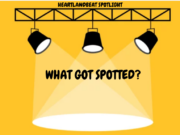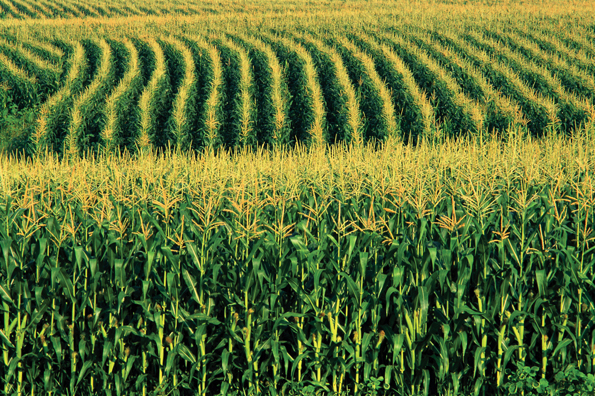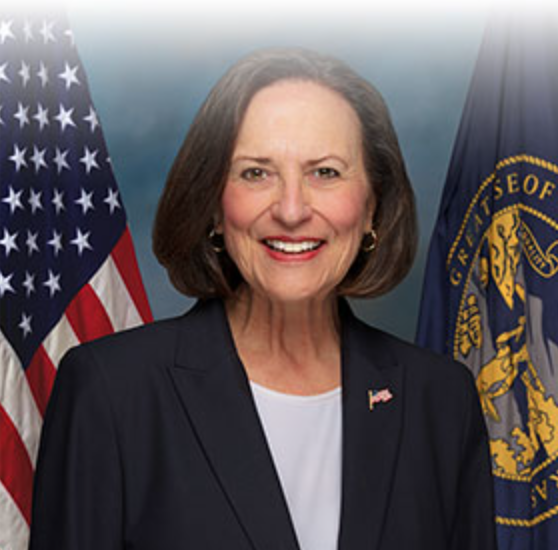United States Senator Deb Fischer’s Weekly Column
Before Nebraska was called the “Cornhuskers”, we were known as “The Tree Planters.” It seems ironic, given our state is characterized by its expansive Great Plains and rolling Sandhills. However, in 1895, the Nebraska legislature passed a bill establishing Nebraska’s nickname in honor of their tree planting efforts.
To understand why, let’s take a step back into history.
To set the scene, it’s the 1840’s on the East Coast, and farmers are finding it increasingly difficult to buy and farm fertile land. Outbreaks of malaria and yellow fever are ravaging towns, while many face religious persecution. Meanwhile, rumors of gold in California and fertile land stretching across the vast Great Plains stir the hope of a better life.
Driven by the promise of opportunity, thousands of pioneers set out across the continent, chasing new beginnings in the west.
As pioneers moved into the Nebraska territory, they entered a land virtually devoid of trees, which greatly affected them. Not only did the settlers miss the green foliage populating the forests of the East Coast, but they realized trees were necessary for their survival. Trees acted as windbreaks to keep tilled soil in place, provided fuel and building materials for settlers, and offered protection from the hot sun.
It was clear they needed a solution.
J. Sterling Morton, editor of the Nebraska City News, was deeply passionate about trees and became one of their most ardent advocates. His home was filled with trees, shrubs, and flowers. Through articles and editorials, he encouraged his community to join him in tree planting. As his prominence in the area increased, Morton was named Secretary of the Nebraska Territory, a position he used to champion this cause.
On January 4, 1872, at a meeting of the State Board of Agriculture, Morton first proposed “Arbor Day”, a day to plant and celebrate trees.
To incentivize communities to take part in Arbor Day, the state offered prizes to counties and individuals who planted the largest number of trees. Thanks to Morton’s efforts, it’s estimated over one million trees were planted in Nebraska on this very first Arbor Day.
Two years later, Nebraska’s governor, Robert W. Furnas, officially declared Arbor Day a day of celebration. In 1885, Arbor Day was named a legal holiday in Nebraska and was to be observed on April 22—Morton’s birthday. Today, we celebrate national Arbor Day on the last Friday in April.
The first official Arbor Day celebration was monumental for Nebraska. According to newspaper accounts, Nebraska City festivities consisted of a grand parade, a speech by Morton, and, of course, the planting of many trees.
Schools played a large part in the festivities, too. Each grade planted at least one tree for which they would care for. When the plantings were complete, 1,000 students lined up carrying colorful satin banners lined with silk and trimmed with gold fringe. The banners painted in oil colors were paraded through the streets to the opera house, where over 1,000 townspeople joined in the celebration.
What began as a simple initiative to plant trees in Nebraska has grown into a nationwide celebration. Today, Arbor Day is recognized across the country, but its origins remain deeply rooted in Nebraska soil.
Nebraska is now home to about two million acres of trees, thanks to the dedication of our community forests and tree-planting efforts. Named as one of the top ten states in the nation with the highest number of “Tree City USA” designations, an honor bestowed by the National Arbor Day Foundation, Nebraska stands as a model for the rest of the country.
At its heart, Arbor Day is more than just a day to plant a tree; it’s a symbol of hope for the future, a commitment to advancing a better tomorrow for generations to come. So, on this Arbor Day, consider planting a tree—for yourself, for your community, and for Nebraska.
Thank you for participating in the democratic process. I look forward to visiting with you again next week.



































